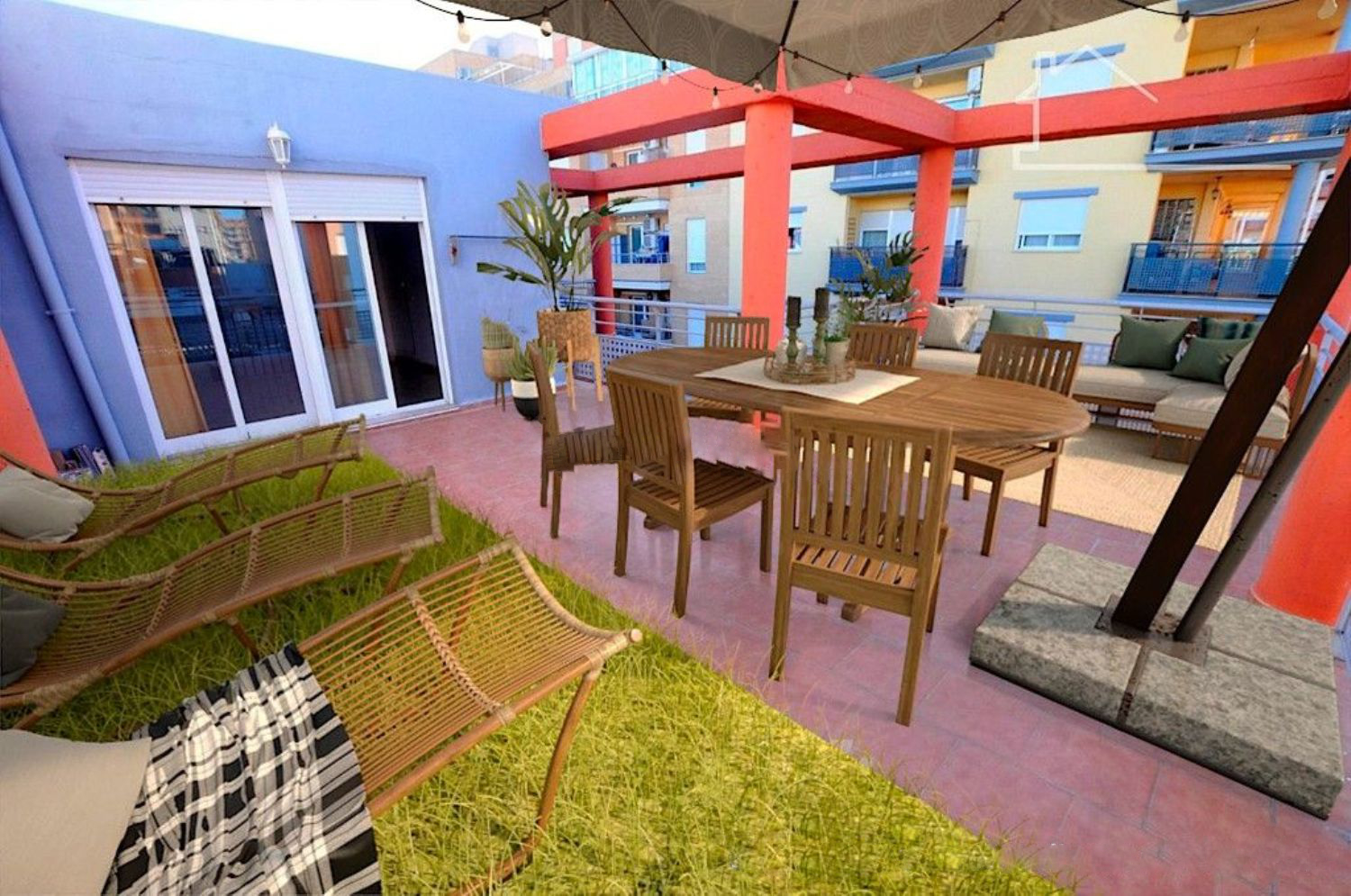1. Be clear about what you want. Although it may seem obvious, think about what your needs are, in the short and medium term. Consider what will make you happy when you are living in your new home.
2. Once you have reviewed your needs, analyze what is your real capacity to satisfy them. What is essential for you? What could you give up? In the end, your ideal home will be a balance between what you like and your budget.
3. Decide on your type of home: new or second hand? Reformed or original? There are no wrong choices, only personal circumstances.
4. In addition to the house itself, think also about its location and surroundings. The neighborhood should fit your personality and needs Are there schools? Public transportation? Are you close to work?
5. Also assess the condition of the building and ask if there are any outstanding charges that may cause you future expenses. Find out the community expenses: we all like residential homes with swimming pool, sports area and garden; but think that the more services, the more expenses.
6. Find out if the home has encumbrances. It is usual that the property for sale has a mortgage or some kind of encumbrance, but you must make sure that all of them are cancelled at the moment of the notarial signature.
7. Find out about all the procedures and expenses that you are going to face, beyond the price of the house. Make sure you have the necessary information about financing if you are going to apply for a mortgage loan.
8. It has the support of professionals. It is difficult to cover all the possibilities in the market. Having qualified professionals simplifies the process, gives you greater security and allows you to access a wider range of products and services.




